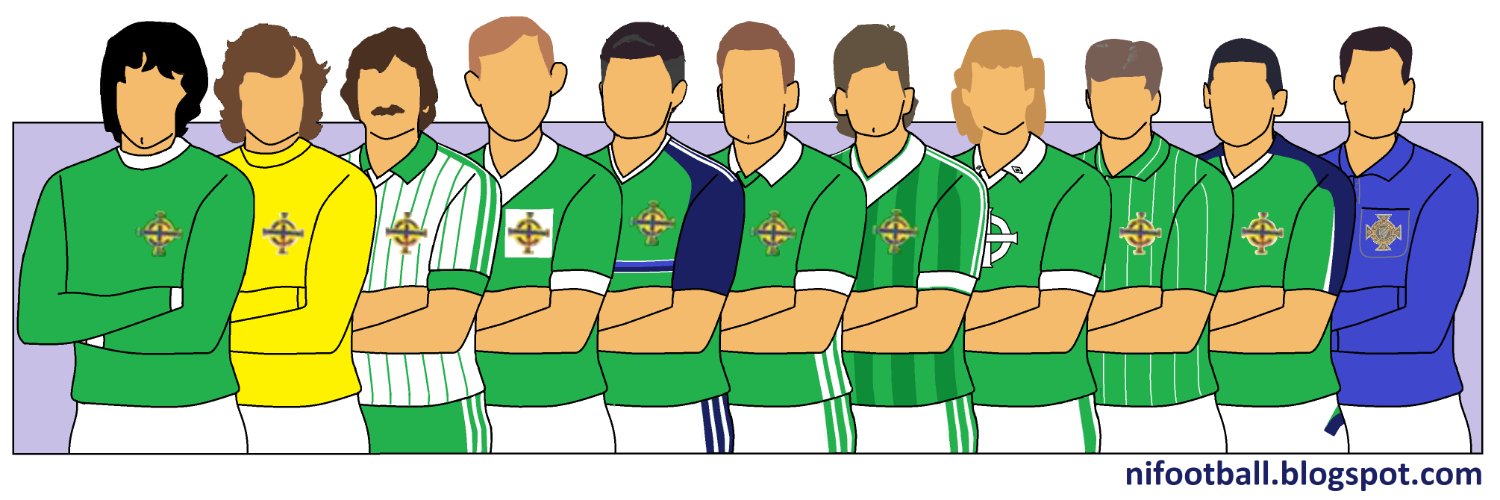Announccement 2014:
UEFA NATIONS LEAGUE RECEIVES GREEN LIGHTThe 54 UEFA member associations have unanimously adopted a four-point resolution entitled “Resolution on National Team Football 2018-2022” at the XXXVIII Ordinary UEFA Congress in Astana which will see the launch of the UEFA Nations League from 2018.
The competition will feature promotion and relegation and will replace most international friendlies.
"We accept and respect that all UEFA member associations have agreed to create a new competition,” said Wolfgang Niersbach, chairman of the National Teams Competition Committee. “This is a big step for national teams in Europe and we hope that fans will support the new format."
The UEFA Nations League and the EURO Qualifiers will be linked, with the new competition allowing an extra chance to qualify for UEFA EURO final tournaments. The competition and proposed amended qualifying formats for the European Qualifiers, starting with UEFA EURO 2020, came after a thorough consultation process with UEFA’s member associations, which began in 2011.
The exact format of the UEFA Nations League has not been finalised and will be the subject of further discussions between UEFA member associations, but the concept is for the 54 national teams to be divided into four large divisions according to coefficient rankings.
Prior to UEFA EURO 2020, each division will be sub-divided into four pools of three or four teams, so each team plays four to six matches between September and November 2018. The final four competition, involving the four pool group-winners of group A, will start in 2019, whereas play-offs for the UEFA EURO will then take place in March 2020. National teams will thus either be competing to become UEFA Nations League champions, or be fighting for promotion and to avoid relegation in their groups, as well as to qualify for EURO play-offs.
With UEFA having been requested by the member associations to investigate the future of national team football within the framework of the approved international match calendar, the key driver of the UEFA Nations League is sporting integrity, as member associations, coaches, players and supporters increasingly feel that friendly internationals are not providing adequate sporting competition. In addition, the competition will help improve the quality and standing of national team football, notably by allowing all nations to play competitively at their level, but also by maintaining the balance between club and international football.
Qualifying for the UEFA EURO remains largely the same, although qualifying will now begin in the March following a major tournament instead of immediately in September. with four teams qualifying for each final tournament via the UEFA Nations League.
Summary:


Comments